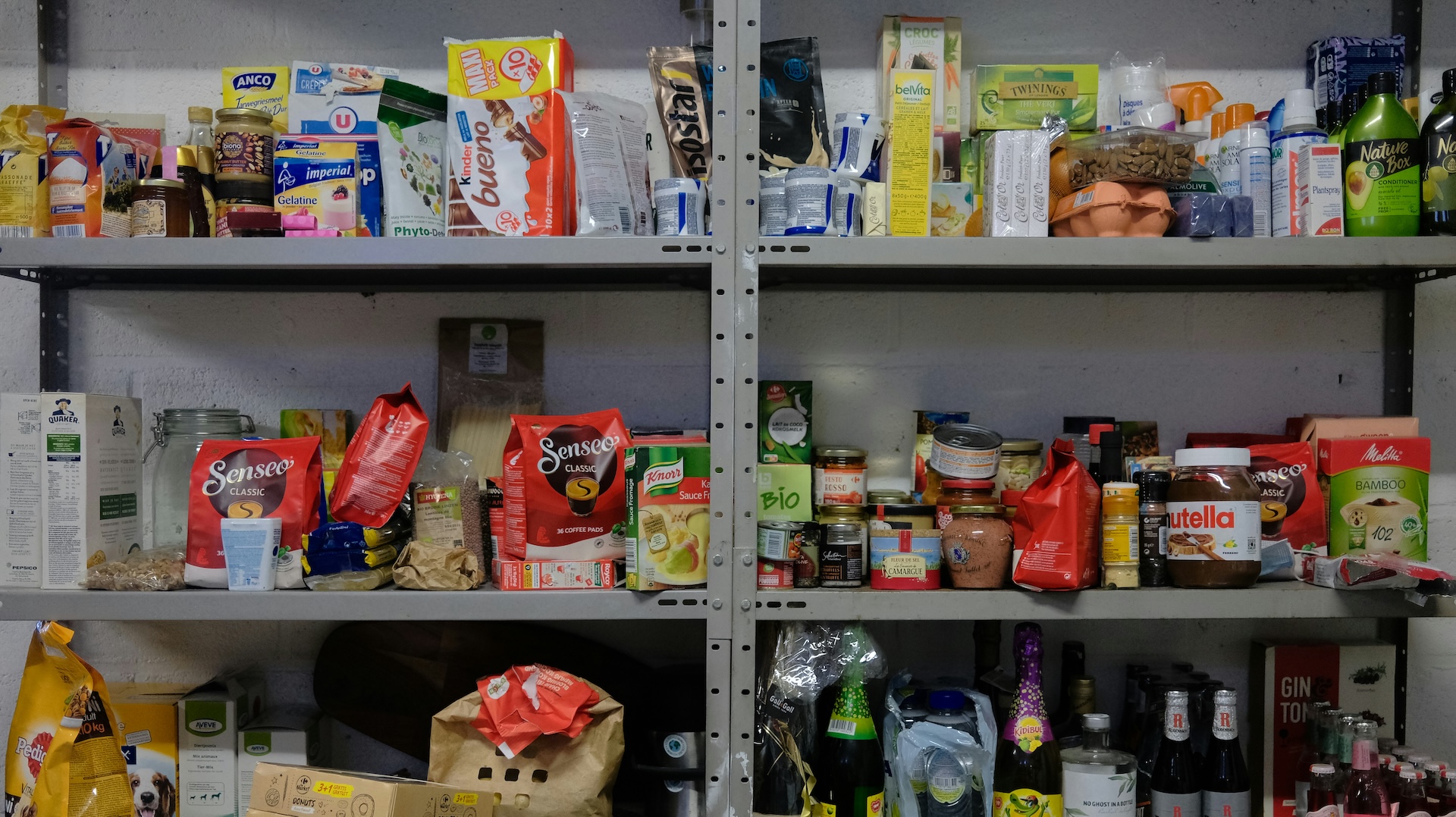In the last year, the government hadn’t given food bank volunteers much reason to stay hopeful. The Labour manifesto commitment on ending mass dependence on emergency food parcels looked like little more than pie in the sky. However, in spite of impending cuts to disability benefits, last week’s spending review seemed to provide a glimmer of hope that the beginnings of a strategy to end the need for food banks might just be on the horizon.
A new, multi-year Crisis and Resilience Fund is set to replace the beleaguered Household Support Fund (HSF) and Discretionary Housing Payments in England from April 2026. What’s more, the £1 billion pot has the potential to fill the hole left by the abandonment of the Discretionary Social Fund (DSF) in 2013.
Alongside other anti-poverty charities including Trussell, the Children’s Society, End Furniture Poverty, Resolve Poverty, and the Carers’ Trust, the Independent Food Aid Network (IFAN) has long called for the reinstatement of permanent crisis support in England and an end to successive short-term local authority funding arrangements known as the HSF.
This haphazard funding stream has proved to be a lifeline for people facing hardship. However, last-minute extensions have prevented local authorities from making strategic use of the resource. They have facilitated the normalisation of using food banks as funding distributors (further embedding their services within communities) and have added to the complexity of discretionary local welfare assistance schemes accessed via postcode lottery.
Get the latest news and insight into how the Big Issue magazine is made by signing up for the Inside Big Issue newsletter
In 2023/24, only 21% of total funding was allocated to cash payments for people unable to afford essentials. The reality is that we know people prefer this type of support and a ‘cash first’ approach results in a reduction in food insecurity. In 2024, End Furniture Poverty found that 36 local authorities offered no Local Welfare Assistance Scheme at all, and that 65% of these schemes’ budgets came from the HSF.





